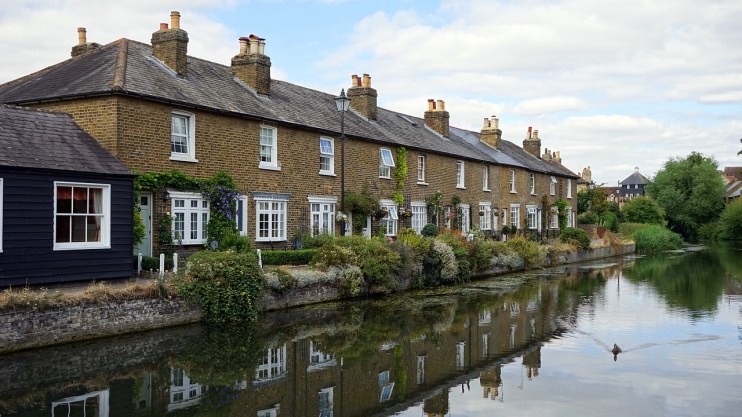Mortgages: How the BoE’s twelfth consecutive rate rise will affect homeowners

Homeowners on tracker mortgages could see their annual bills increase by £5,008 a year following the Bank of England’s twelfth consecutive rate rise on Thursday, though analysts have said the latest rise will not have a substantial impact on the housing market.
The monetary policy committee (MPC) voted 7-2 in favour of raising borrowing costs 25 basis points to 4.5 per cent on Thursday, rattling the market’s confidence in the UK’s housing sector, especially for potential homeowners looking to secure a mortgage.
“We’re not expecting any substantial moves in mortgage rates as a result of today’s decision… mortgage rates are going to come down eventually, but probably not for the rest of this year – at least not by much,” Simon Gammon, managing partner at Knight Frank Finance, said.
The choice between a fixed rate or tracker mortgage, however, will now be front of mind for many homeowners amid speculation of how quickly rates will fall after being hiked to a near 15-year high.
Gammon told City A.M . what option to choose is “personal ” for each buyer but largely lies within how much the individual believes “interest rates will fall within the next two years”.
“Both are priced around 0.2 per cent to 0.3 per cent over base rate, so borrowers refinancing now have to take a view on whether they think interest rates will fall within the next two years, in which case a tracker might be suitable,” he explained.
It comes as figures by UK Finance show the average monthly tracker rate mortgage payment will increase by £23.71 following Thursday’s base rate hike.
On top of the 11 previous rate hikes, the group said this would add £5,008 to the total average annual bill of homeowners whose mortgages directly track the base rate.
Meanwhile, the average standard variable rate mortgage has jumped by a total of £266.48 per month, adding up to around £3,198 more annually.
“Those aiming to lock into a fixed rate mortgage for peace of mind will find average rates have come down slightly over the past month, but as rates average around five per cent, this may still be unaffordable for some,” Rachel Springall, a finance expert at Moneyfactscompare.co.uk, said.
While homeowners may remain nervous, Tom Bill, head of UK residential research at Knight Frank, said that the latest rate rise “won’t have a huge impact” on the housing market but sentiment “will be dented if the peak starts to feel further away”.
“For now, after the mini-budget threw a bucket of cold water over the property market, activity has become lukewarm. House price growth is largely flat, sales volumes hit their low-point in January and the economic backdrop is gradually improving.”
He added: “We expect prices may fall by a few percent this year as higher mortgage rates erode demand but activity will be supported by a strong jobs market, record levels of housing equity and lockdown savings.
“As the general election moves onto the radar over the next 12 months, it may be that political uncertainty curbs demand even as the bank rate and inflation move past their peak.”